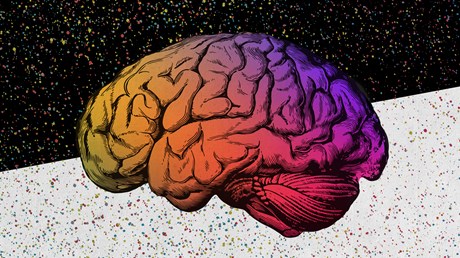Neuroscientist William Struthers encourages wisdom as a flurry of drugs move from taboo to enrichment.

No one would suggest we study the Bible while on drugs. But each week, many Christians go to church, go to small group, or have quiet time with the Bible in one hand and a stimulant in the other. We are not afraid to admit that coffee enhances our lives—yet the key ingredient in coffee that does the enhancing is a drug, caffeine.
Because caffeine is a drug that society accepts, people will use drugs like this without question—and in doses that go far beyond what can be found in nature. From alcohol to tobacco to St. John’s wort to saffron, there are many other nature-derived drugs that people use uncritically. Marijuana is also a drug that a segment of society accepts and uses—and in doses that go far beyond what can be found in nature. How should a Christian respond to drugs like caffeine or cannabis that blur the line between nature, medicine, and vice?
In less than a generation, residents of the US have watched as 33 states have decriminalized medical marijuana. So what’s next? On Tuesday, voters in Denver will decide whether to decriminalize magic mushrooms. Beyond that, unexpected drugs such as ecstasy (MDMA), psilocybin (magic mushrooms or LSD), ayahuasca, peyote (mescaline), and kratom (mitragyna speciosa) have already entered the medical research literature.
Douglas Estes, a biblical scholar and associate professor at South University, recently talked with Wheaton neuroscientist William Struthers about how drugs that were once taboo now have a medical pathway to legalization and how Christians can start wise conversations today about drugs, healing, and faith.
Sometimes there’s confusion over what the word drug means. Can you help us understand first what a drug is?
A drug is any substance …
Source: Christianity Today Most Read